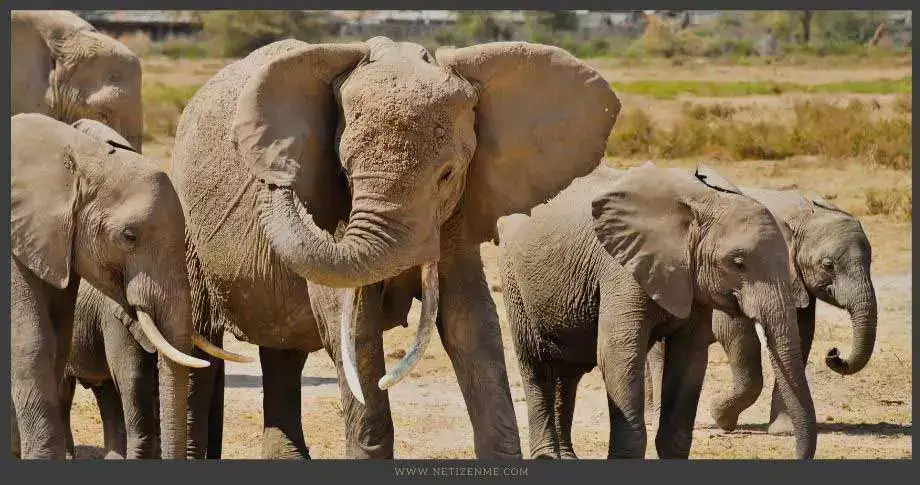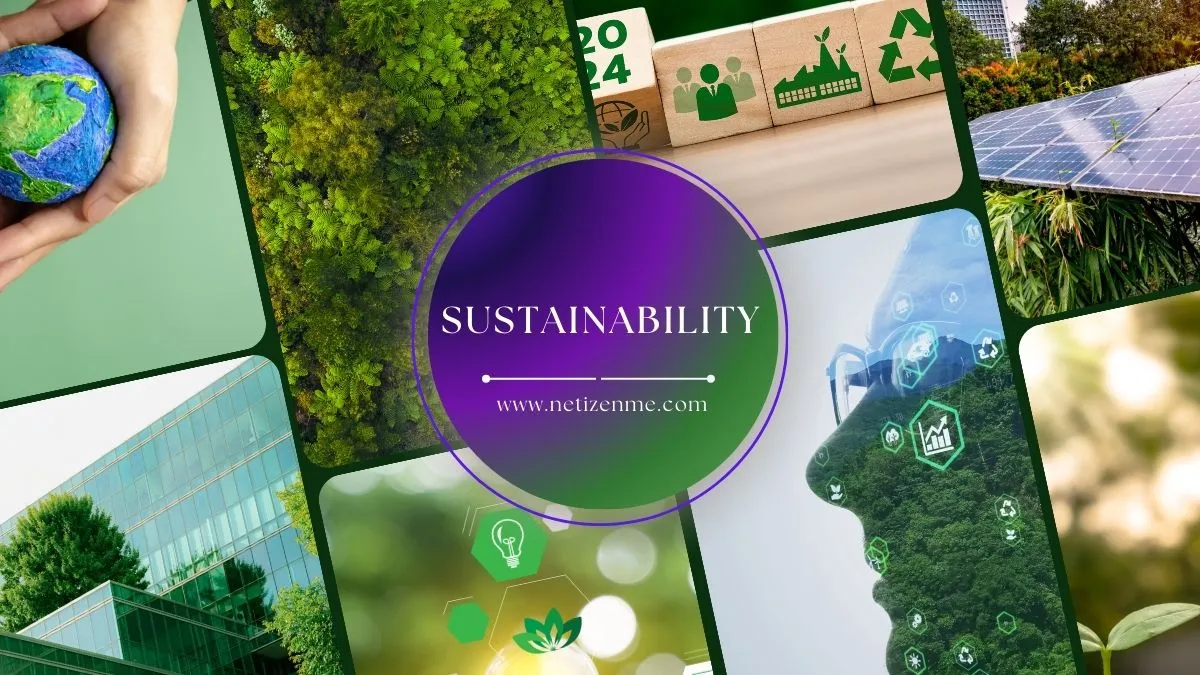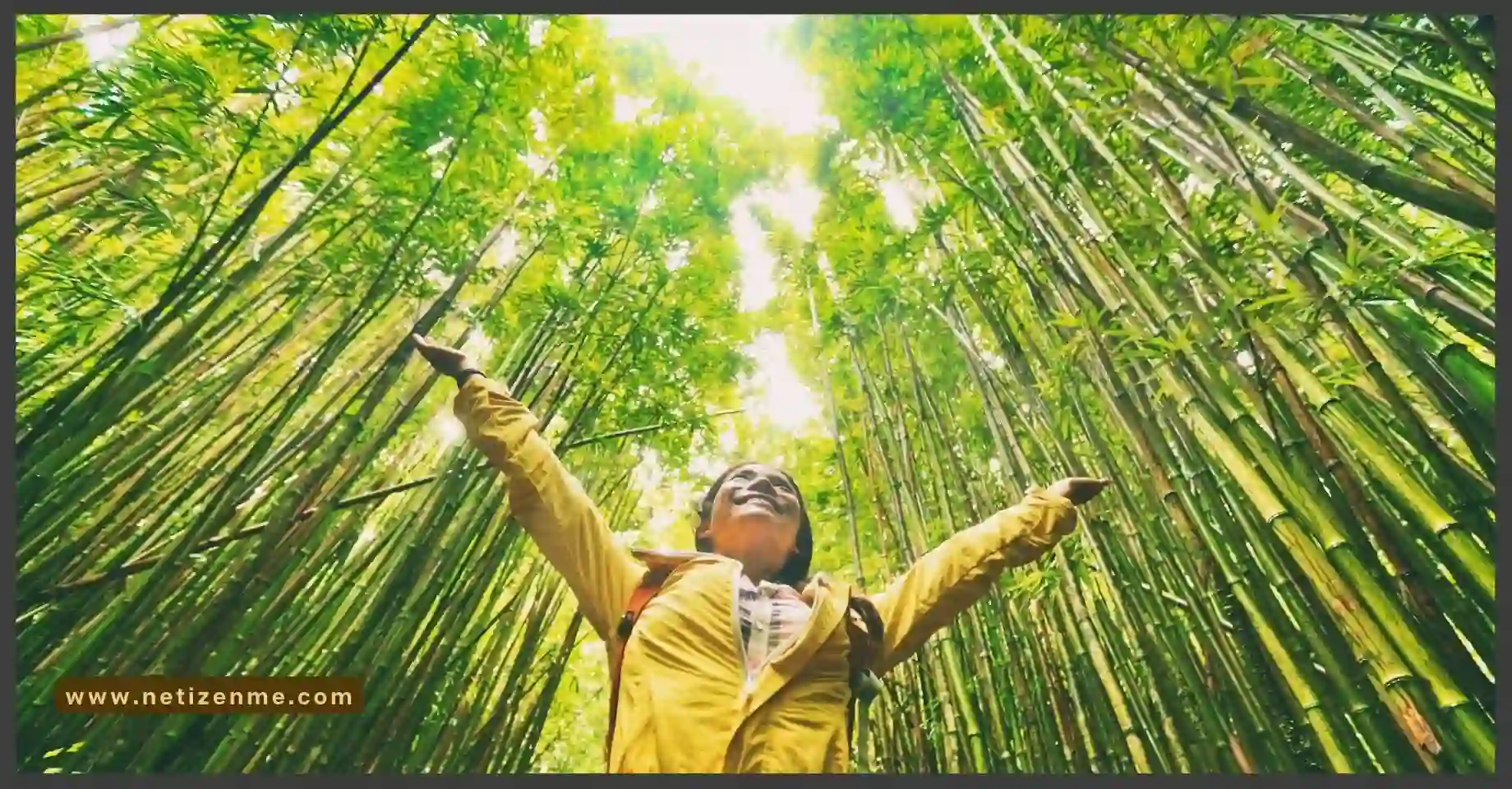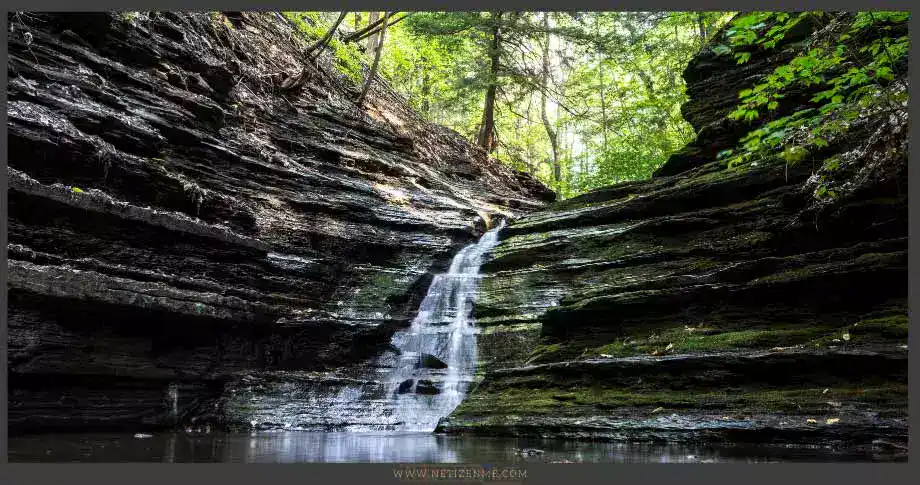
How Africa is Dealing with Negative Externalities and Elephant Poaching
What are negative externalities?
With years and years of revolution and development by the human race, the side effect on the environment and increase in negative externalities have been ongoing and destructive to life on our planet. Negative externalities are the adverse side effects and cost the third party has to bear during the consumption and production of a product. Very common and alarming negative externalities that we must deal with are air pollution, global warming, and habitat destruction/land erosion during the production of almost all industrial goods in the market. This is where environmental protection comes in with protecting the environment through its individuals, organizations, and government.
How Africa is dealing with negative externalities and environmental protection?
Elephant Conservation in Africa and its benefits
Another negative externality known as elephant poaching has been done for decades in Africa. Elephants are hunted and killed for their meat and ivory tusk, sold in most Asian markets for multiple uses. Killing these animals and driving elephants almost extinct has affected the economy of Africa severely, as elephant poaching correlates with native poverty, domestic corruption, and an increase in global ivory prices. Moreover, killing these large charismatic mammals plays a negative role in attracting ecosystems and ecotourism to African land and forests.
Therefore, the government of Africa has started to act on increasing ecotourism by preserving natural life and eliminating elephant poaching. Furthermore, many conservations are responding to the crisis by reducing this negative externality by protecting these animals. Likewise, the African conversation of elephants motivates locals to act as stewards for elephants by giving them incentives and investing in strengthening the frontline conservationists to help stop elephant poaching.
How is keeping elephants beneficial to the nation?
The conservation of elephants is therefore benefiting the locals as they are getting more job opportunities such as tourist guides at national parks, caretakers of the animals, and financial rewards for taking part in protecting the elephants.
Parks such as ‘African park’ and ‘The Nature Conservancy’ are dedicated to creating safe havens for elephants where they feel the most at home while being safe from poachers out to hunt them. Alongside saving the elephants, they are also ensuring the local communities will benefit from protecting the animals by spreading awareness of how poaching impacts the economy and how tourism will bring economic benefit.
These non-profit organizations are partnered with governments and local communities to conserve African wildlife and wildland while bringing benefits socially, ecologically, and financially to the people of Africa.
Conclusion
It is hard to stray many locals away from collaborating with poaching groups and spread awareness of how there will be a more positive effect of conserving the wildlife. However, many non-profit conservation organizations are actively working to save the elephants by providing incentives or sufficient compensation to local communities and landholders to live peacefully with the elephants as that will decrease the effect of negative externalities of elephant poaching.
References
- The Nature Conservancy (URL)
- African Parks (URL)
- Springer Link | Economics of wildlife management—an overview (URL)
- Course Hero | Environmental Protection and Negative Externalities (URL)
- Nature Communications | African elephant poaching rates correlate with local poverty, national corruption and global ivory price (URL)
- National Library of Medicine | Estimating economic losses to tourism in Africa from the illegal killing of elephants (URL)
- Grassroots Movements and Environmental Change

- Embracing Sustainability: Lessons from Our Environment

- What exactly does renewable mean?

This article is written by:
Our professional writers and editors are passionate about sharing high-quality information and insights with our audience. We conduct diligent research, maintain fact-checking protocols, and prioritize accuracy and integrity to the best of our capacity.
You can cite our articles under the author name "Netizenme"





